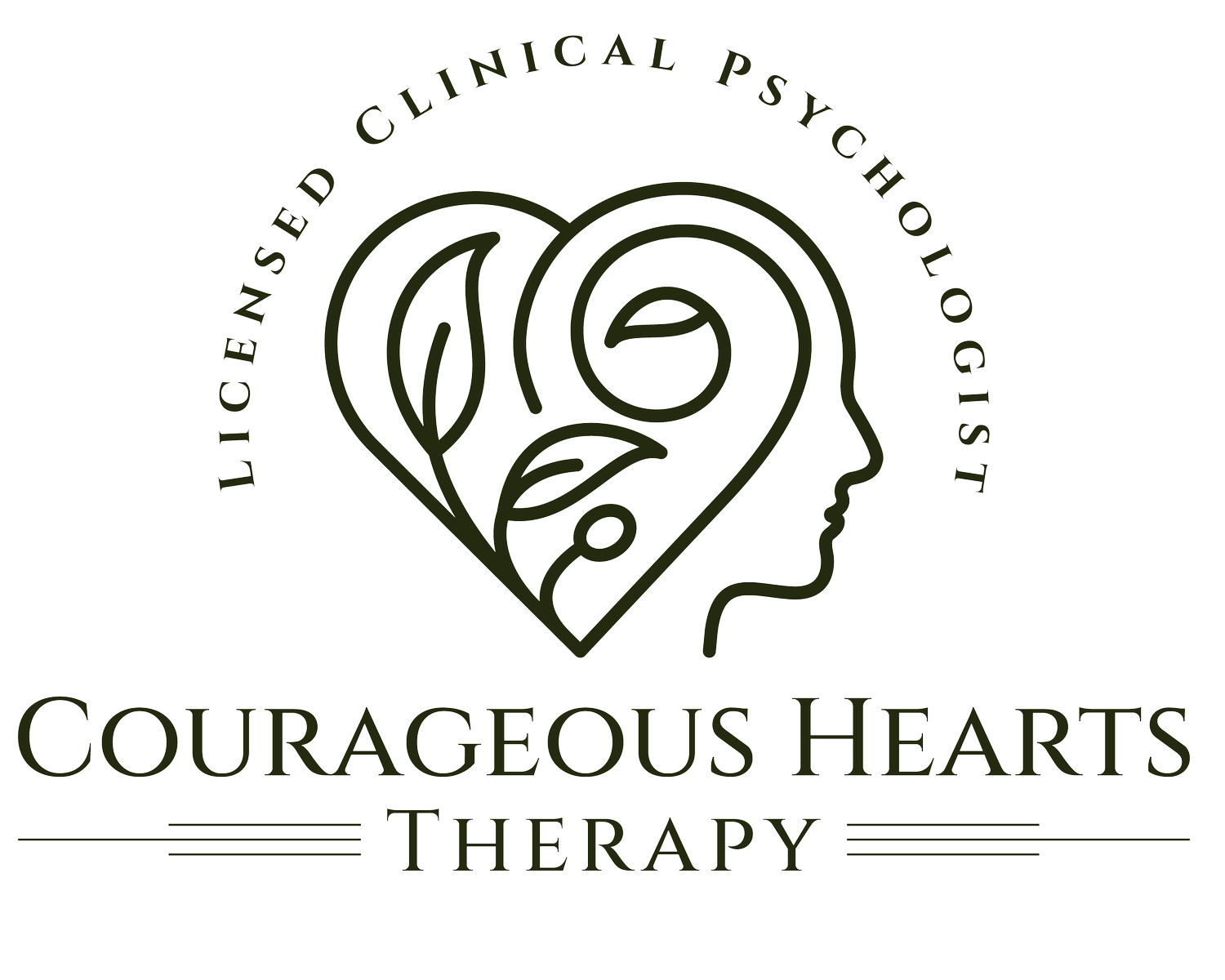Letting Go Without Giving In: A Guide to Anger and Resentment
As a DBT and trauma therapist, I often hear this question:
"Why should I accept something that hurt me?"
It's a valid question. When we feel angry, bitter, or resentful, it’s often because something unjust happened — we were hurt, betrayed, dismissed, or pushed beyond our limits. Anger feels righteous. Resentment feels protective. And bitterness… feels like proof that what happened mattered.
So why practice radical acceptance — which, on the surface, can sound like “letting it go” or “just getting over it”?
Radical acceptance can be the most challenging but most impactful DBT skill when we learn to practice effectively — it’s a powerful path forward, especially when we’re stuck in painful emotions. Fighting against difficult emotions can be like struggling to get out of quicksand, it only worsens the situation and you sink deeper into the sand.
🧠 What Is Radical Acceptance?
In DBT, radical acceptance is the skill of fully accepting reality as it is — without denying, avoiding, or fighting it.
It doesn’t mean approval.
It doesn’t mean forgiveness.
It doesn’t mean pretending it didn’t hurt.
👉 It means recognizing:
"This did happen. It shouldn’t have, but it did. I don’t have to like it. But I can stop fighting the reality of it."
So Why Accept the Things That Make Us Angry, Bitter, or Resentful?
1. Fighting Reality Doesn’t Change It — It Keeps You Stuck and Leads to Suffering
Anger often comes with a sense of “this shouldn’t have happened.” And maybe it shouldn’t have. But when we replay the past over and over, hoping it will somehow make it right, we end up suffering more — and “shoulding” all over ourselves.
Radical acceptance doesn’t mean what happened was okay. It means you stop spending your energy on trying to change something that’s already done. That doesn’t mean giving up — it means getting unstuck.
Here are two of my favorite quotes that illustrate the downsides of holding onto the past:
“Holding onto anger is like grasping a hot coal with the intent of throwing it at someone else; you are the one who gets burned”.
“Holding onto anger is like drinking poison and expecting the other person to die”.
2. Resentment Drains You — Not the Other Person
It’s a hard truth: your anger and bitterness don’t punish the people who hurt you — they punish you. Resentment can feel powerful, like it protects you. But over time, it acts more like a slow leak, draining your emotional energy, peace, and presence.
By practicing radical acceptance, you begin to release that inner grip — not because they “deserve” it, but because you do.
3. Acceptance Opens the Door to Wise Action
When you're stuck in anger, it's easy to react impulsively — yelling, shutting down, avoiding, or clinging to grudges. But those actions usually don’t bring long-term relief. They just keep the cycle going.
Radical acceptance creates space. It allows you to pause, acknowledge what’s real, and then decide how to respond with your Wise Mind — whether that’s setting a boundary, seeking support, or focusing on healing.
4. You Can’t Heal What You Won’t Acknowledge
It might sound backwards, but sometimes we need to fully feel the pain before we can start to move through it. Pretending you’re “over it” when you’re not just adds more shame and pressure.
Radical acceptance says: “Yes, this hurt. Yes, I’m still angry. And yes, this is real.” That’s the starting point of true healing — not pretending, not minimizing — but honest acknowledgment of where you are.
5. Acceptance Gives You Back Control
Anger can make us feel powerless — like we’re at the mercy of someone else’s choices or the past that won’t let go. But radical acceptance is a radical act of empowerment. It says: I can’t control what happened, but I can control how I choose to relate to it now.
You don’t need anyone’s permission to move forward. You get to decide how much space your resentment takes up in your life.
Final Thoughts: You Deserve Peace
Practicing radical acceptance doesn’t mean you don’t care. It doesn’t mean you're letting anyone off the hook. It means you care enough about yourself to stop carrying what isn’t yours anymore.
It’s not easy. It takes time, practice, and often support. But it’s worth it — because you deserve to live a life that’s bigger than your pain.
Try This: A Radical Acceptance Reflection
If you’re ready, take a moment to reflect:
What am I still fighting that I have no power to change?
What would it feel like to say, “This happened. I don’t like it. And I accept that it’s real.”
What could open up for me if I stopped resisting this pain?
Start there. No pressure to get it perfect — just a small step toward peace.
